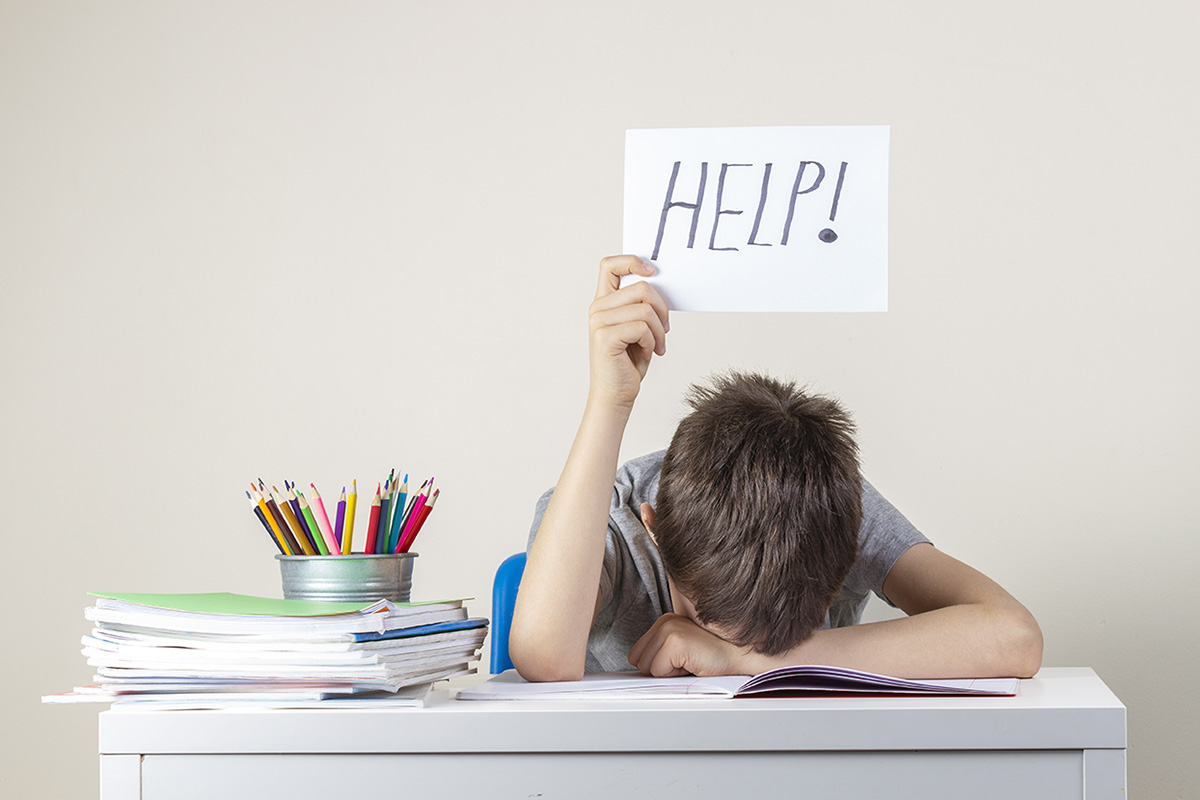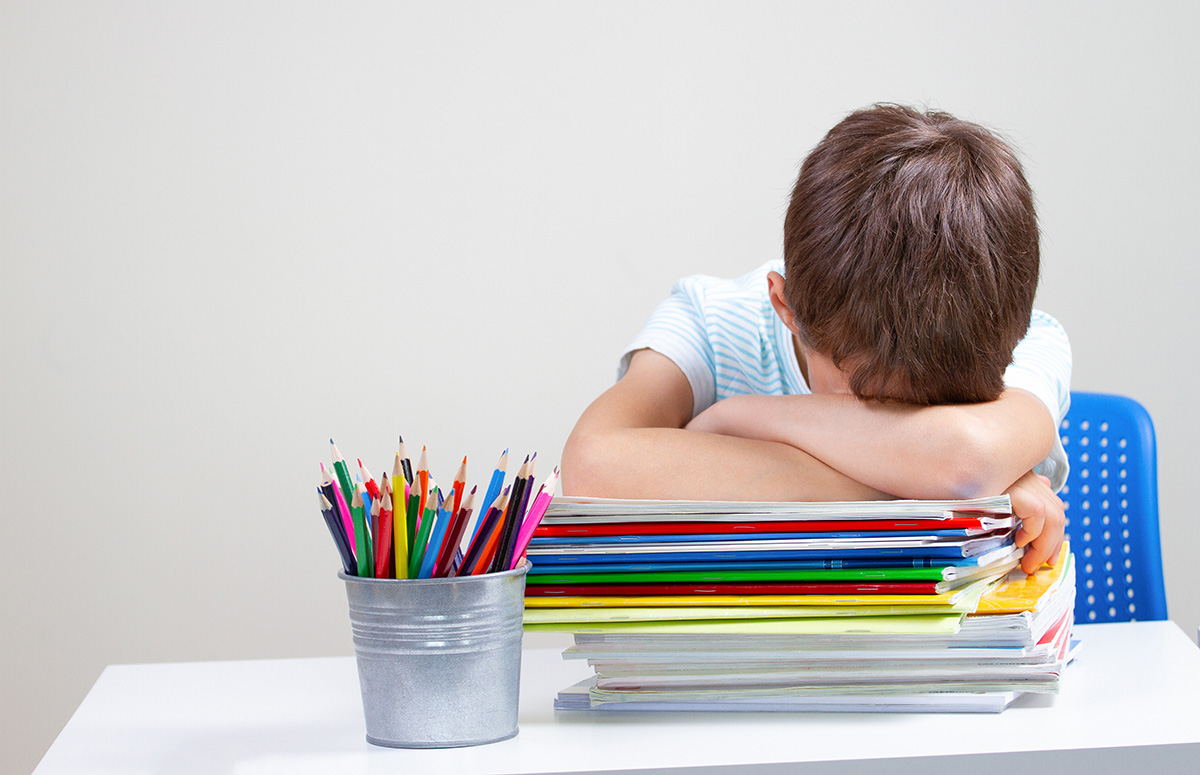A report by Voice Community recently shared insights gathered from a pool of 600 teachers, teaching assistants, headteachers and early years practitioners. According to the report, “Mental health was the single biggest concern voiced by our members … It was clear that the impact of coronavirus would be felt for a long time and that children would need to develop social skills and that the curriculum needed to support this.”
The mental health of young people is always a primary concern for teachers, parents and everyone involved in the education system. In particular the transition from primary into secondary school puts enormous stress on students and teachers alike. Even under normal circumstances this is a stressful time of year, as we send our primary students off for the summer and hope we have equipped them with everything they need to adapt to life in secondary school as seamlessly and as stress free as possible.
This in itself is a daunting task. Let us, just for a second, forget the craziness of the last year and consider the transition period between primary and secondary schools and the impact it has on young people. The transition from primary to secondary is so much more than a jump up in academic studies. Our young people go from smaller more intimate learning settings to huge, new institutions with a different dynamic, different expectations, and different learning environments. That is a huge life change! Now let’s put Covid back into the mix and we start to realise just how stressful this transition is for students this year. Students had such a disrupted routine last year, with more days out of the classroom than in. They did not get the chance to develop the vital transversal skills needed to move from primary to secondary schools. We are seeing a lot of talk and support around getting students up to speed academically, but very little to help students with their social development.
While many secondary schools will have a transition programme in place to introduce new students to the schools, and give them a sense of what is expected of them, this year you may need to review your transition programme and make sure that is it supporting the mental health and wellbeing of your incoming students. Is it adequately explaining the different culture they will experience in secondary school compared to primary school? Does it help to develop the skills needed to speak up when they don’t understand or admit when they don’t know something? Admitting you don’t know something can be scary. These pupils are dealing with new teachers and new peers, both of which are unfamiliar.
Secondary school is a time for evolution, and that means learning how to communicate effectively and deal with uncertain situations. The world is an uncertain place but for many students, up until this point, they have not experienced it as parents have taken on the burden of dealing with uncertain and uncomfortable situations. The transition between primary and secondary school is exactly that and we need to make sure we are providing students with the skills to handle it as well as the emotional support to learn and grow and adapt to the culture of secondary school.

What should you consider when refreshing your transition period?
- Does the programme support your incoming pupils holistically? There is no getting away from the fundamental, logistical necessities in a transition programme. Pupils need to understand where the classrooms are, where the cafeteria is etc. But a transition programme needs to do more than that. It should support the mental health and wellbeing of the child during this big life change. Is there a mental health element to your transition programme?
- Does the programme adequately teach your incoming students about the culture of the school? A holistic transition programme should set expectations for the pupils regarding attitude, learning and personal responsibility during their time at your school.
- Is there a teamwork module within the programme? Are pupils taught to work with people they do not know? Are they taught to collaborate, listen, and also speak up and voice their opinions in a clear, concise, and considerate way? Making friends and getting to know the other pupils in their class is a major part of the transition from primary to secondary school. Including elements of teamwork and icebreaker activities will allow for pupils to work collaboratively and settle into life at your school more easily.
- Does the programme help your pupils develop the skills they will need to adapt to secondary school? Critical thinking, presentation and oracy skills, teamwork, and collaboration and more are expected in secondary school. Development of these skills during the transition period can aid in creating a smooth transition into secondary school life.
That’s a lot of detail. So, instead of reworking your transition programme yourself, look for programmes that can help. Zeeko’s Magical Leaders programme is a peer led programme that helps students develop 21st century and transversal skills. The programme is fully developed, with detailed lesson plans and instruction manuals included. Take the stress of developing a new transition programme out of the equation with Magical Leaders. Book a free demo with the Zeeko team today.
The transition period between primary and secondary school is a big deal. Your transition programme should aim to not only explain the everyday facts about secondary school but should also support the nurturing and development of skills to help pupil’s adapt to the new and very different culture. Take some time to look at your transition programme before next term. Is it the best it can be for your incoming pupils?
Want more articles, tips, and free resources?
Sign up for the Zeeko Teacher Newsletter today and get all this and more direct to your inbox!

